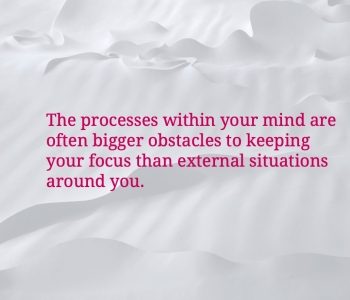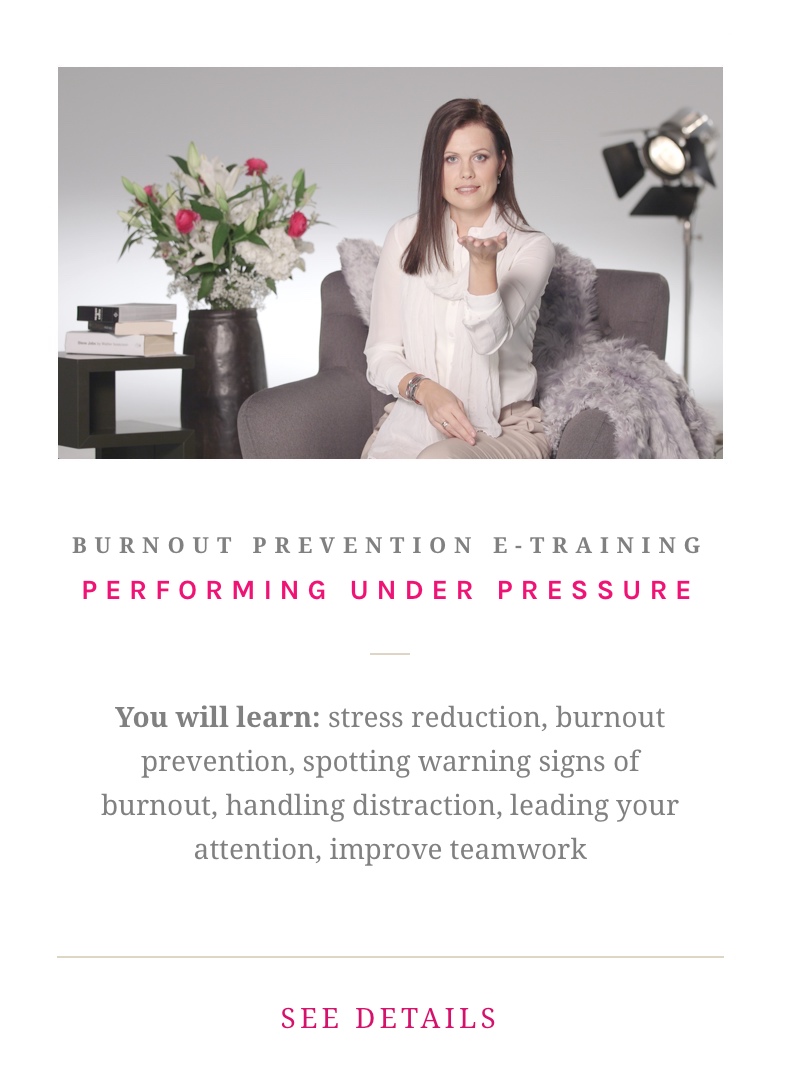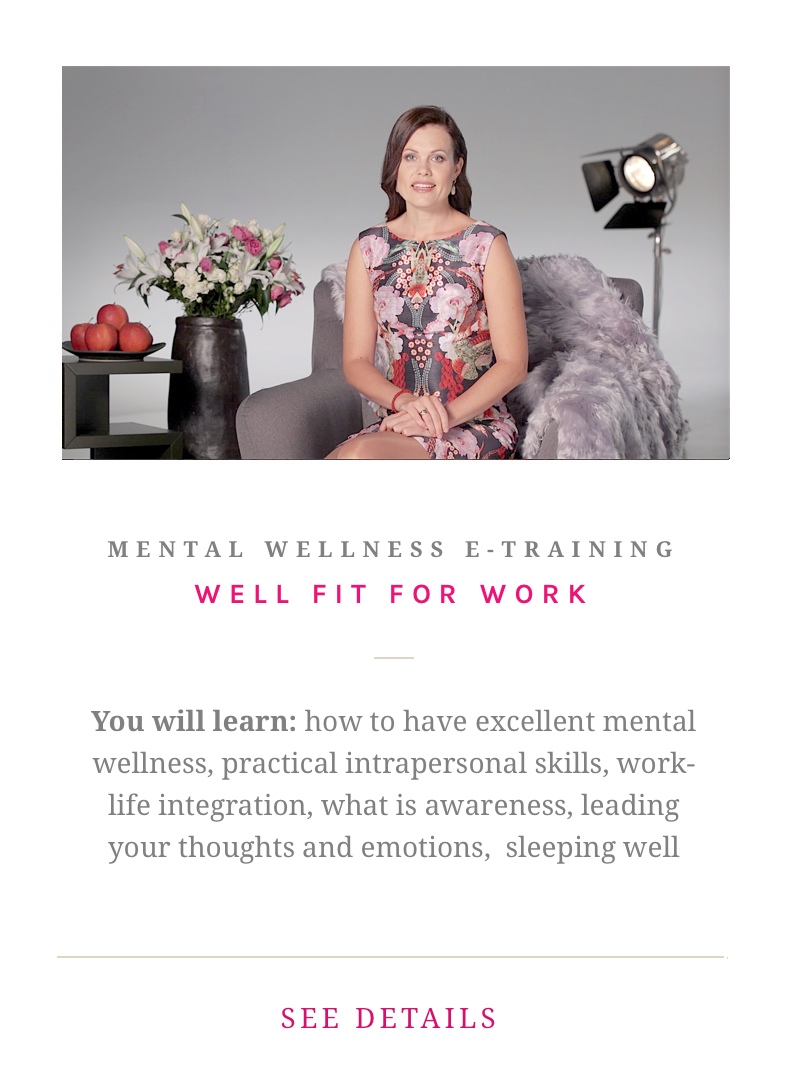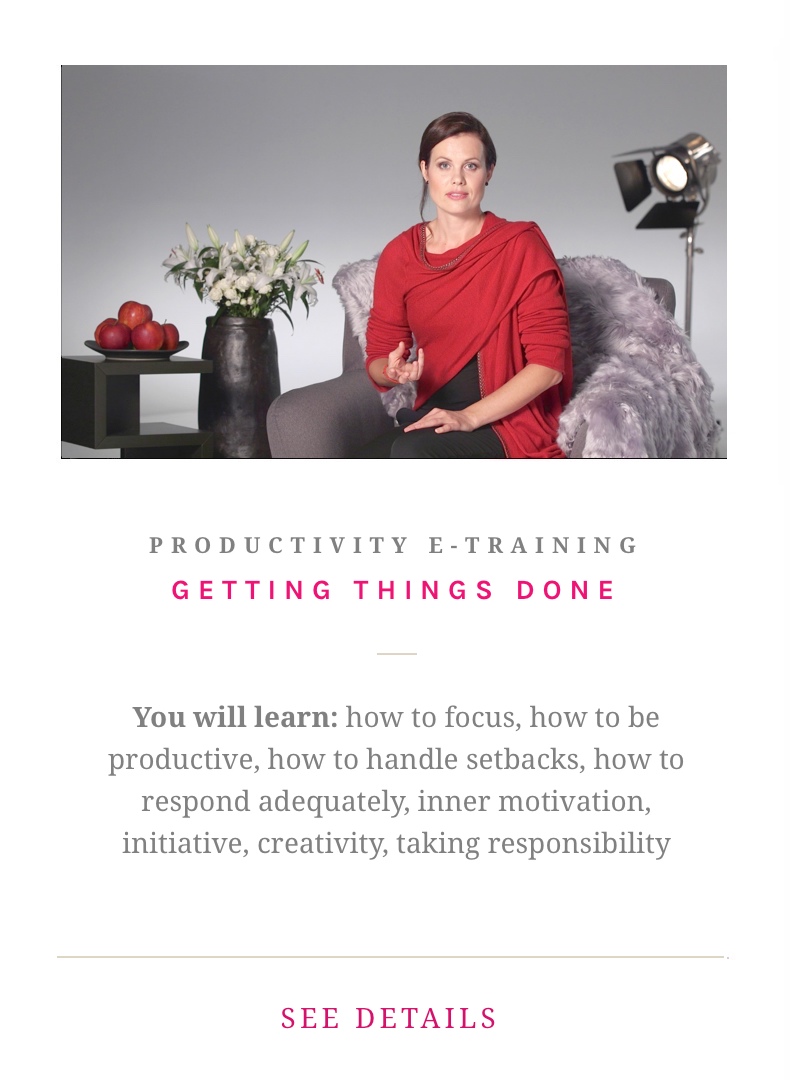Leading Your Awareness at Will is a Prerequisite for Professional Work
When embarking on professional work, it's often assumed that external factors like resources, professional skills, and knowledge are the primary determinants of success. All those aspects do matter. However, there's another crucial element that often goes overlooked: the inner qualities of the individual undertaking the task.
Intrapersonal skills define how well you lead your inner processes. One of the most fundamental qualities within you is your awareness. Not just awareness of the task at hand, but a deeper understanding of one's own awareness.
Awareness is, in essence, silent and thus easy to overlook. However, noticing its existence and then using your inner power to lead your awareness matters more than most of us are aware of.
Your ability to use your awareness acts like a compass, guiding us through the complexities of professional work. It helps us navigate challenges, make informed decisions, and stay focused on our objectives.
Great professionals and leaders aren't just born. While initially, everyone has potential, the question is: Are you developing your inner potential to the fullest?
Learning to use our awareness and intrapersonal skills and doing actual work is what makes people great. All skills are individual. That is why everyone needs to learn intrapersonal skills.
Awareness allows you as a person to recognize your strengths and weaknesses, your biases and blind spots.
Your awareness enables you to understand how your own thoughts, imaginations, emotions and perceptions can influence your work.
We all have two inner powers – sensing and being aware of something. Our intuition and creativity can appear because of those powers and our full presence at the moment.
How is the active use of consciousness useful?
Only when you become aware of your True Self will you obtain the inner power to lead your inner processes and keep a calm mind. When you are calm-minded and focused on solutions, you can better relate to colleagues, build effective teams, and foster a collaborative environment.
However, when you lose your awareness and become one with your thoughts, imaginations and emotions, you will lose the inner distance needed for self-regulation. Your thoughts, imaginations, and emotions, in such cases, become inner "dictators". Your core essence – Your True Self – becomes hidden behind the "inner walls" of those processes, and you become reactive.
When inner reactivity takes over, you run on subconscious autopilot, instead of being a conscious human being making wise decisions.
In the subconscious autopilot mode, you lack inner freedom and your thoughts, imaginations, and emotions, in combination with your habitual patterns, start to dictate your actions. It means you have given your power over to re-activity. You just act again and again as you have learned, you do it without questioning is your actual action is relevant to the situation at hand.
Most subconscious actions are not very productive or solution-focused. Such action-takers give over personal responsibility to subconscious reactivity. Not all subconscious actions are bad, some may be good. But the question isn't what is good or bad.
The question is, when does good become bad? When does subconscious reactivity make mistakes?
When you don't notice in your physical body where you are and fail to sense the actual situation and become aware of its uniqueness and aware of what options you have on the table, you lack inner freedom.
Response-ability is the ability to make conscious choices. Such ability comes down to being aware and using the needed intrapersonal skills, to make an informed and aware choice.

Conclusion
While external factors are undoubtedly important, the inner qualities of the individual should not be underestimated. Awareness and awareness-based intrapersonal skills, in particular, are crucial prerequisites for professional work.
Awareness helps us to stay present and focused on the task at hand. It prevents us from getting lost in distractions or overwhelmed by the demands of our professional life. When we are aware, we can approach our work with a sense of calm and clarity, leading to better performance and outcomes.
By cultivating awareness and training intrapersonal skills, we can navigate challenges, make informed decisions, and ultimately achieve our goals.
|
This blog post is provided by Kaur Lass





